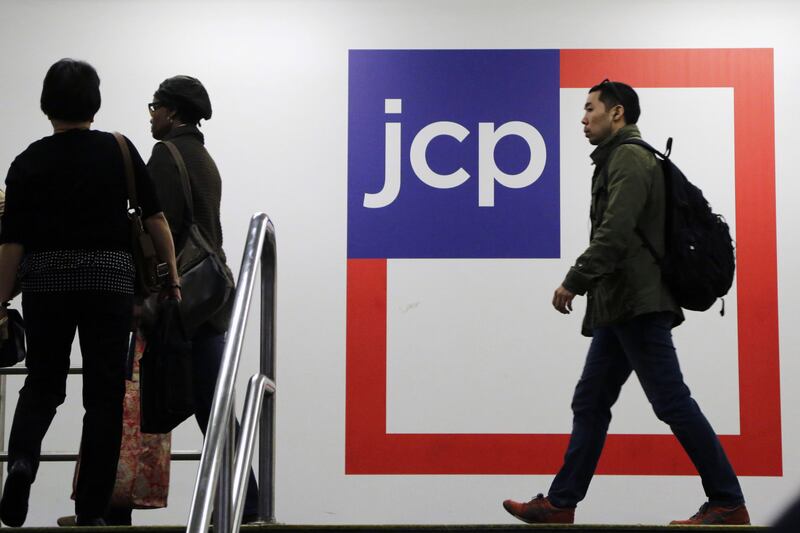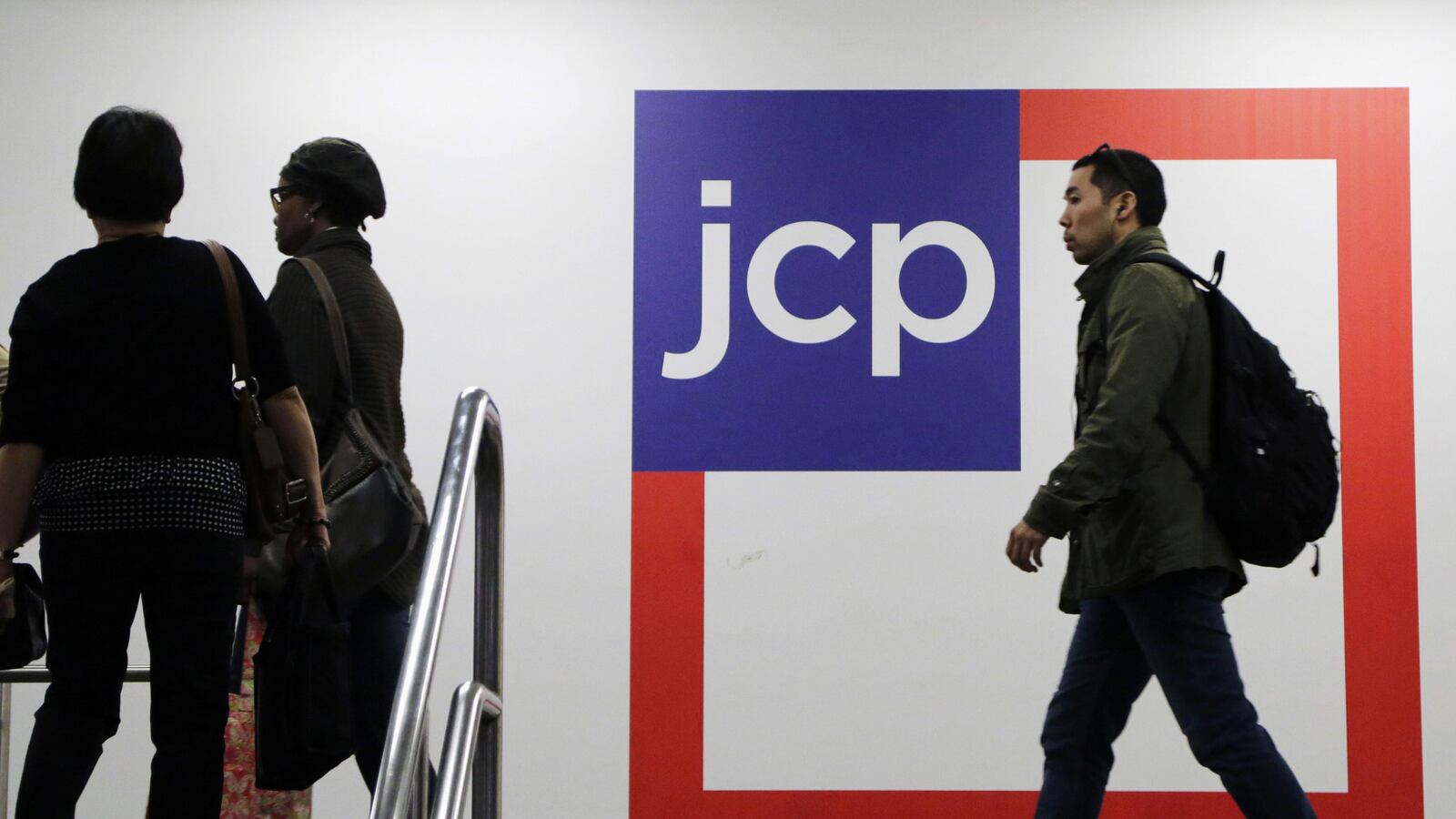Sometimes it seems like the department-store chain JCPenney is simply gathering evidence for a business-school study in crisis management.

The company has suffered epic public-relations and image problems. There was the splashy hiring and relatively rapid firing of former Apple retail executive Ron Johnson. Under Johnson, the chain alienated customers by doing away with discounts and sales, only to reinstate them after sales plummeted. The pursuit of Martha Stewart to bring her business to Penney led to messy litigation with rival Macy’s. Stories in The Wall Street Journal highlighted dysfunctionality in the executive suit. The stock has been slumping. See the chart below.
Now Penney has been implicated in the horrific collapse of the Rana Plaza factory building in Bangladesh—one of the worst industrial accidents in history. As The New York Times reported on Friday, “labor activists have found labels inside the wreckage for clothes being made for JCPenney, Cato Fashions, the British retailer Primark, and other clothing brands.” JCPenney didn’t return a call seeking comment.
And yet Penney’s stock was rising on Monday. Why? Amid the horrific news flow, JCPenney has actually taken some fairly substantial steps in recent weeks to stabilize the company. On April 8, Myron Ullmann, the retail veteran who previously served as CEO of the company, agreed to return. And on Monday morning, JCPenney, which has been hemorrhaging cash, announced it had obtained a $1.75 billion credit line from Goldman Sachs secured by its real estate. Analysts said that the ability to tap this cash significantly enhances the company’s precarious financial position.
These moves are signs that, after seeking a revolutionary transformation, JCPenney is getting back to basics—shoring up its finances, bringing in a veteran executive who can provide some stability, and reaching out to customers who had been turned off by the rapid-fire changes. Controversial hedge-fund manager Bill Ackman, who has amassed a big stake in the company, is seeking to salvage his investments through some more basic blocking and tackling.
As for the building collapse, it could end up being more of a public-relations problem than a financial setback. American consumers tend to be relatively oblivious to the high cost of the low prices they pay for apparel, shoes, and other products that are sourced in low-wage, lightly regulated factories in the developing world.







